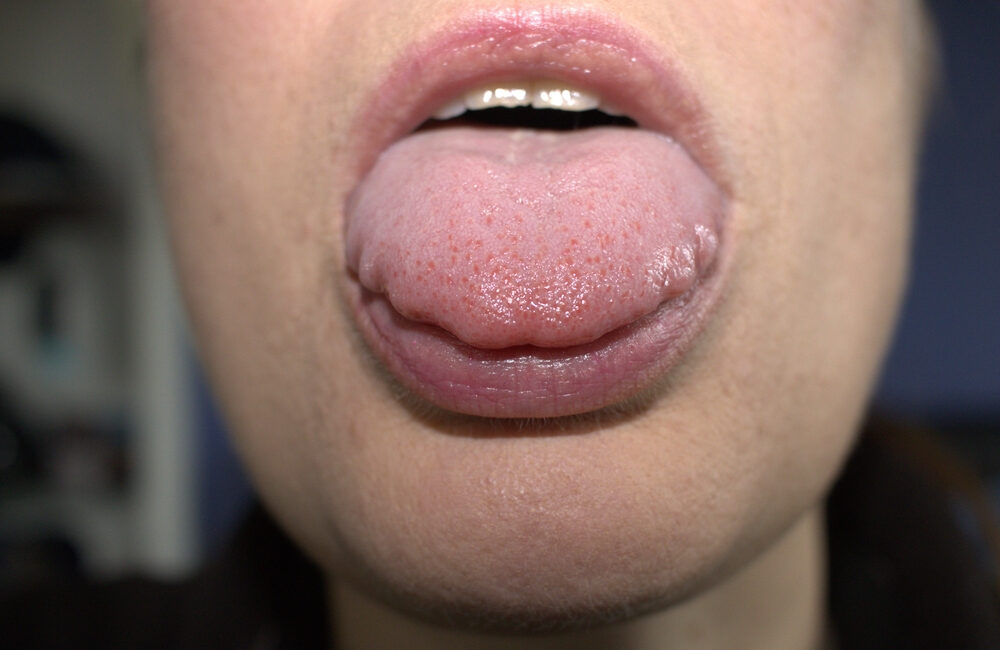
A scalloped tongue gets its name from wavy or rippled edges that appear along the sides of a person’s tongue. A scalloped tongue usually isn’t a reason to worry, but its potential causes can lead to further complications and additional symptoms that can affect your dental health, if not treated. The presence of it may also help diagnose certain medical conditions and identify bad oral habits.
Causes
Dehydration.
Dehydration can lead to swelling in your body, including your tongue. The swollen tongue can then push against your teeth and create scalloped edges over time.
Anxiety.

High levels of stress and anxiety can express itself in a multitude of ways in the body. This includes jaw clenching, teeth grinding, and pressing your tongue against your teeth. Over a period of time, the pressure on the tongue will lead to indentations.
Temporomandibular Joint (TMJ) Disorders.
The hinge joint that connects your jaw to your skull can become stuck and misaligned. This may put extra pressure on the tongue and result in a scalloped indentation pattern along the sides of the tongue.
Sleep Disorders. Sleep disorders, such as sleep apnea, bruxism, and teeth clenching and grinding may cause pressure on the tongue. For example, sleep apnea may cause you to press your tongue down against your teeth to open up the airways. This can lead to this condition
Nutritional Deficiencies.
A scalloped tongue can occur when the body is not getting enough of certain vitamins, such as vitamin B, iron, niacin, and riboflavin.
Smoking.
Smoking does not only increase inflammation in the body but also increases the risk of dehydration. These two factors influence the likelihood of developing a scalloped tongue.
Other causes of scalloped tongue may include hypothyroidism, genetic conditions or birth defects (e.g. down syndrome), and amyloidosis (buildup of proteins in organs). Each of these conditions has unique symptoms, but a common one is tongue swelling, which may lead to a scalloped tongue.
Treatment

Before treatment can begin, a proper diagnosis needs to be made. Treatment will depend on the root cause of the problem. For example, for genetic conditions that cause a swollen tongue, surgery is an option to reduce the size of the tongue. If your scalloped tongue is caused by health conditions, like hypothyroidism, prescription medication may help.
If you have a sleep disorder, devices such as a continuous positive airway pressure machine for sleep apnea, and a mouth guard for bruxism may help reduce pressure in the mouth that causes a scalloped tongue. Therapeutic Botox is also available to treat a scalloped tongue caused by jaw clenching and temporomandibular joint (TMJ) disorders.
In addition to the above treatments, there are steps you can take at home to reduce bad habits in your mouth. Drink plenty of water to not only keep yourself hydrated but to displace bacteria in the mouth and encourage saliva production for better oral health. In addition, eat a healthy, balanced diet to ensure you are getting the vitamins and minerals you need to keep your mouth healthy. You should also avoid harmful habits, like smoking. Finally, it is important to manage your anxiety and stress through yoga, medication, and exercise to prevent bad habits like teeth grinding and jaw clenching.
A dentist can identify bad oral habits that contribute to a scalloped tongue. In addition, the presence of this condition may help with the diagnosis of other medical conditions, such as hypothyroidism.


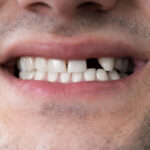

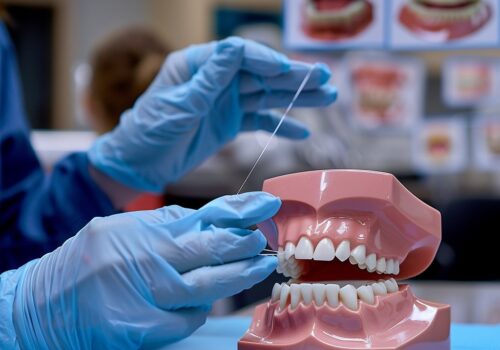



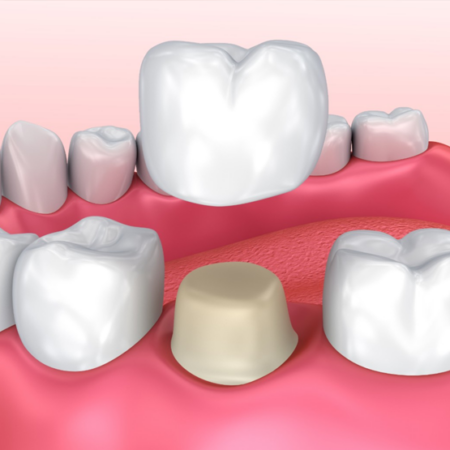
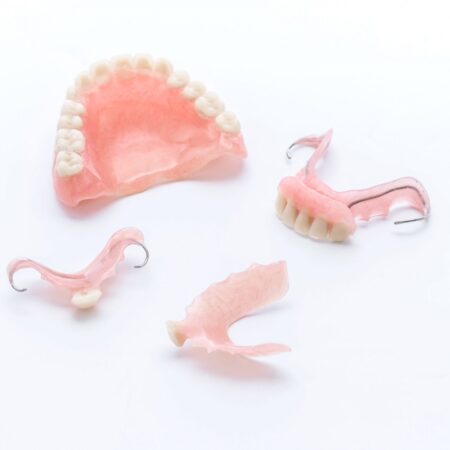
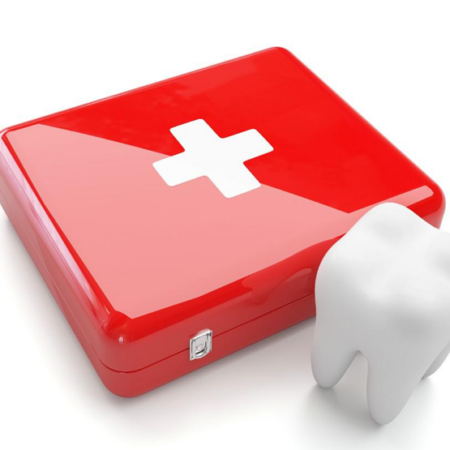



Leave a Reply